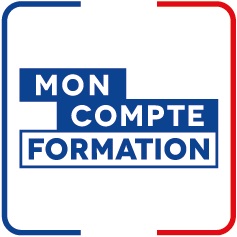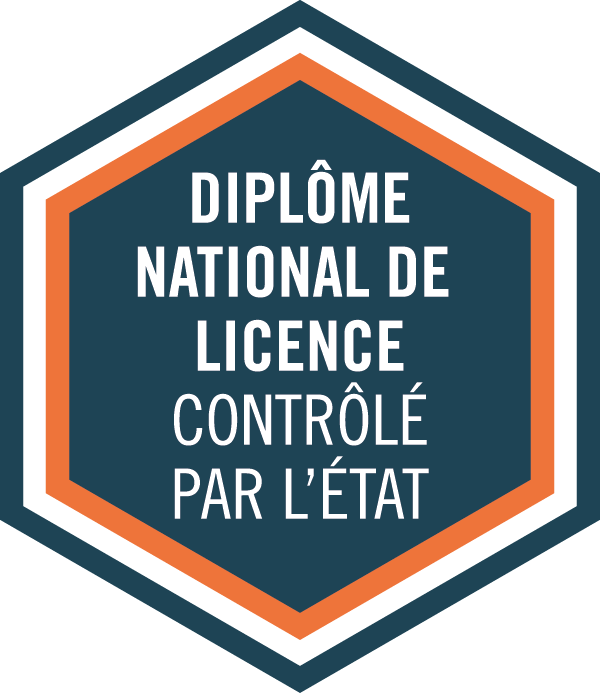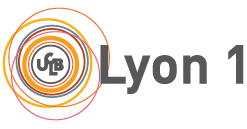La licence Informatique a pour vocation de dispenser en trois ans une solide formation en informatique. Dans le cadre du portail "Mathématiques-Informatique" de la licence STS, l'offre de formation comprend trois années dont la première forme un socle de base commun aux mentions Mathématiques et Informatique, avec une orientation en deuxième année. La dernière année est completement spécialisée.
Le parcours informatique est le principal parcours de la licence d'informatique. Il est suivi par environ 90 % des étudiants. La L1 commune avec la licence de mathématique comporte autant de mathématiques que d'informatique, puis la L2 et L3 sont constituées très majoritairement d'UE d'informatiques.
L’objectif de la licence mention Informatique est de donner les bases nécessaires pour la poursuite d’études prioritairement dans le domaine de l’informatique. L’étudiant peut aussi décider d’intégrer le monde du travail à l’issue du L3. Afin de renforcer le caractère professionnel de ce diplôme, le programme fait une part importante aux outils de base du développement de logiciels et se conclut par un stage individuel d’une durée de 3 mois dans une entreprise. L'offre de formation comprend six semestres dont les trois premiers forment un socle de base commun aux mentions Mathématiques et Informatique, avec une orientation en semestre 4. Les semestres 5 et 6 sont complètement spécialisés.
- Connaître les principes d'algorithmique afin de pouvoir concevoir un programme pertinent répondant à un problème donné;
- Connaître les différents paradigmes de programmation : itérative, récursive, procédurale, fonctionnelle, orientée objet;
- Savoir mettre en œuvre des algorithmes en utilisant des langages de programmation variés et leurs outils de mise au point associés;
- Savoir mettre en œuvre (implantation), évaluer et choisir les différents types de données selon le problème posé;
- Savoir analyser un algorithme/programme afin d'en connaitre les coûts mémoire et d'exécution;
- Concevoir et réaliser en programmation orientée objet;
- Lire ou exprimer des spécifications complexes avec des formalismes abstraits (UML);
- Savoir planifier les étapes du développement d'un projet informatique;
- Connaître l’architecture matérielle et logicielle des ordinateurs;
- Connaître les différents systèmes d’exploitation;
- Connaître l'architecture d'Internet, ses principaux protocoles, l'adressage et le routage IP;
- Savoir mettre en œuvre un réseau local et le raccorder à Internet;
- Connaître les principes et les contraintes de la programmation concurrente;
- Utiliser une base de données relationnelle;
- Concevoir un schema de base de donnée relationnelle;
- Optimiser les performances d'une base de données relationnelle;
L'étudiant titulaire d'une licence Informatique aura acquis les compétences nécessaires pour :
-
poursuivre en Master d'Informatique (la majorité des étudiants)
-
se présenter au recrutement sur titre dans certaines écoles d'ingénieurs, ou aux concours de recrutement de catégorie A de la fonction publique
-
dans une moindre mesure, entrer directement dans la vie active. Un stage de 3 mois en entreprise, inclus dans le cursus (semestre 6) favorise l'intégration professionnelle.
Les modalités d'évaluation sont arrêtées annuellement par le Conseil d'Administration, sur proposition du Conseil des Etudes et de la Vie Universitaire.
En résumé :
- la compensation au sein des blocs (informatique, transversal, stage et projet en L3) est automatique ;
- la licence est validée par validation individuelle des 3 années ;
















